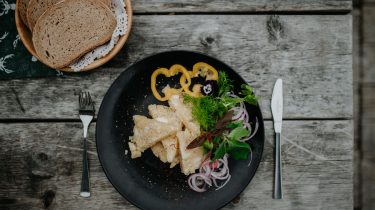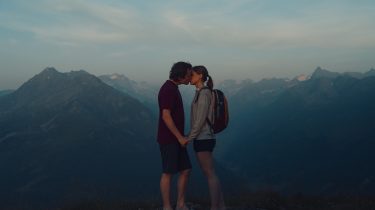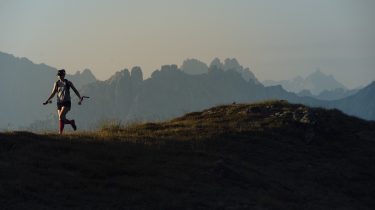Tourism in Tirol looks towards a sustainable future
Last updated on 26.04.2021
Tirol’s tourism strategy “The Tirolean Way” includes many initiatives promoting sustainable development and its related ecological, economic and social aspects. Best-practice examples of this forward-looking approach can be found across the region. Tirol’s tourism board showcases pioneers of sustainability and has released a humorous video clip to point out positive examples of how to make environmentally friendly holidays a reality.
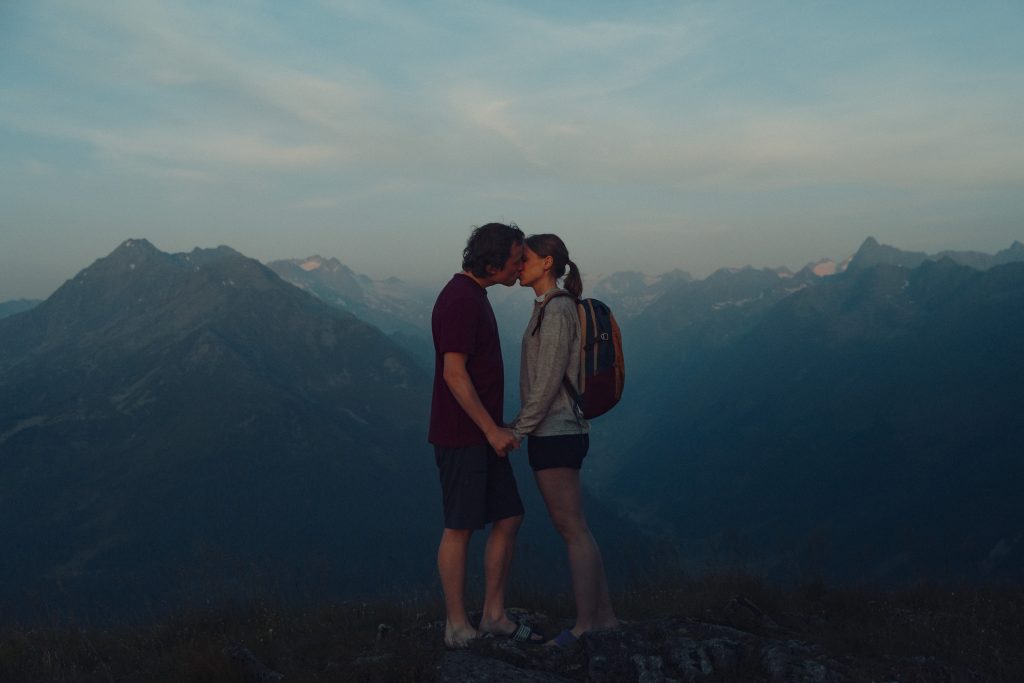
“The issue of sustainability has become increasingly important in recent years. The Corona pandemic has further strengthened this trend. Here in Tirol we have already achieved a lot in this area, for example when it comes to public transport on regional and local level as well as initiatives by individual tourism regions and businesses. We want to continue this momentum as we look to the future,” says Florian Phleps, managing director of the regional tourism board Tirol Werbung. “Sustainability encompasses many aspects ranging from things like regional food to online platforms where people can share sports equipment with others. Another important aspect to sustainability is making the mountains accessible by public transport,” adds Phleps. Pioneers of ecological, economic and social sustainability within the field of tourism are showcased on the website “Eco.Tirol“.
Travel to and from Tirol – the biggest factor in your holiday carbon footprint
Visitors to Tirol create most of their carbon footprint simply by travelling to and from the region. “Compared with other forms of summer holidays – such as long-haul flights and cruises – a holiday in Tirol actually generates a relatively small CO2 footprint. This is especially true when guests from neighbouring countries arrive by public transport,” comments Florian Phleps.
A video spot to be released by Tirol Werbung aims to encourage visitors to the region to think about more environmentally sustainable travel options when planning their holiday. “The topic is a serious one, but we decided to take a humorous approach to communicating this message which is of great importance to all of us,” explains the managing director of Tirol Werbung.
Sport and relaxation in the mountains
From hiking and climbing to mountain biking and wild swimming, Tirol is packed full of highlights for outdoor enthusiasts. Active holidays are not only much healthier on an individual level but also far better for the environment than flying to a far-flung place where the only daily activity is walking from the all-inclusive buffet to the sun lounger. Tirol’s regional tourism board has selected five Mountaineering Villages where holidaymakers can enjoy total peace and quiet in the remote but beautiful locations.
“Our campaign aims to remove any reservations the tourism industry may have about change, but sustainability is about much more than just that. Here at Tirol Werbung we have been thinking for a long time now about all the diverse aspects which go into an environmentally friendly holiday experience,” explains Florian Phleps. Sustainability is a cross-cutting issue which includes aspects ranging from wheelchair-accessible travel options and sustainable congresses and conferences to ways of making movies filmed in the region less harmful to the environment.
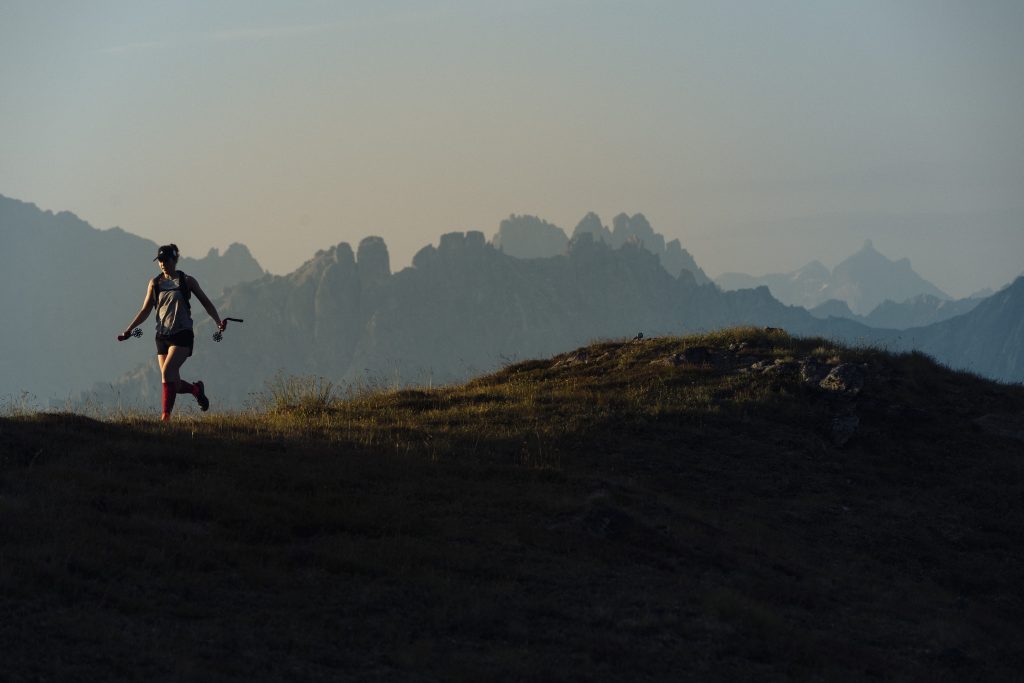
Good examples of best practice
Examples of best practice abound. One is the project “Clean Alpine Region”. It supports Tirolean tourism regions in implementing measures on climate protection, sustainability and energy saving. The ultimate aim is to help these regions become pioneers in the field of climate-friendly tourism. “The challenges of the future can already be seen today. There are projects and initiatives throughout Tirol where good work is being done towards a greener and more sustainable future,” explains Florian Phleps – be it the Eco.Tirol businesses, the organic hotels serving only regional food, the local brewery on its way to becoming carbon neutral, the world’s highest underground railway line which has created a car-free village or climate-friendly hiking trails in the Kaunertal Valley.
An overview of innovative companies and initiatives – not only within the tourism sector – can be found on the website “Natürlich Tirol“. Based on defined criteria, Lebensraum Tirol Holding and its subsidiaries Tirol Werbung, Standortagentur Tirol and Agrarmarketing Tirol have come up with ten best-practice projects nominated for the Tirol Change Award, presented for the first time in January 2021 at the Change Summit to the organic-food pioneer Heinz Gstir, founder of the successful brand “Bio vom Berg”.
Social sustainability in tourism
“Tirol is a place of living, leisure and business. We aim to balance all three pillars of sustainability: ecological, social and economic. That is why here at Tirol Werbung we also make a conscious effort to support projects that promote social sustainability,” explains Florian Phleps.
One example is the initiative “Job-Life Achensee”. The idea to make working in the tourism sector more attractive overall and to increase the motivation and satisfaction of those employed in this sector. The initiative strives to make staff feel welcome in the region where they work and to give them the opportunity to become part of the local community. In addition to a good job, this includes things such as housing and childcare, learning and development. The project includes a new benefit card for staff working in the tourism sector. Known as the “Dahoam Card”, it offers a wide range of deals and discounts on activities in the Lake Achensee area – another innovative way of making jobs in the tourism sector more attractive.
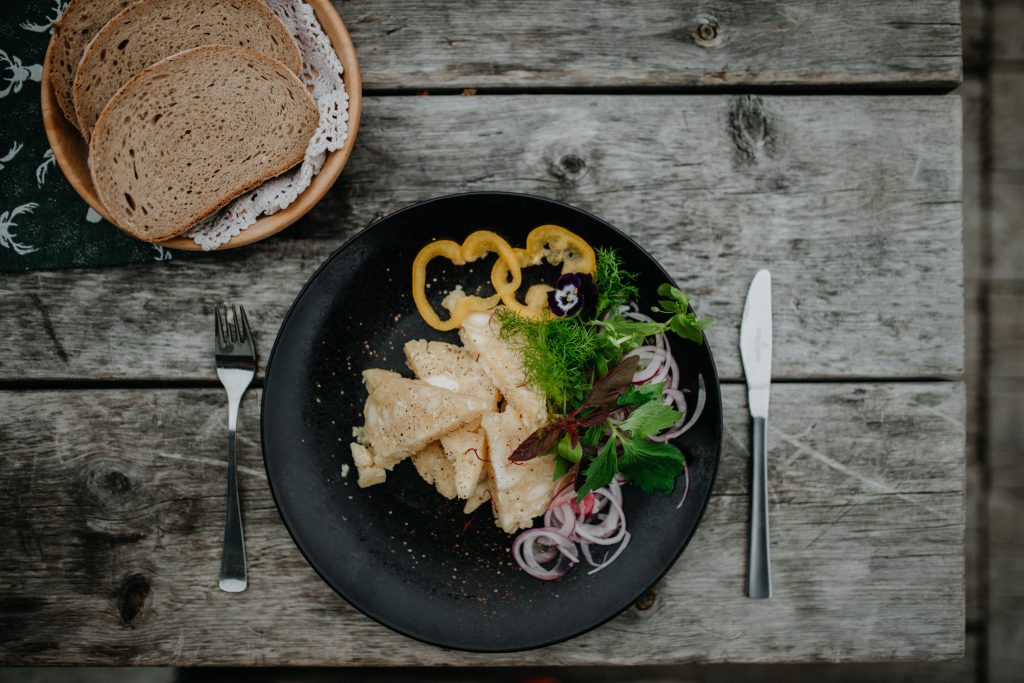
Culinary delights: regional produce from local farmers
One of the things which makes Tirol so special are its small and medium-sized farms. All in all the region is home to more than 2,000 farmers who play an essential role in preserving the landscape and also produce all manner of culinary delights. “Local food from alpine farms –such as milk, cheese and meat products – is very environmentally friendly,” says Florian Phleps. Unlike produce which is flown in from around the world, food made in Tirol often has an exceptionally short journey from the maker to the consumer. Many farmers sell their goods straight to the public at farmers’ markets, alpine dairies and farmyard shops. Local huts and restaurants also source many of their ingredients from local producers.
Many huts and restaurants are members of the initiative “Tiroler Wirtshauskultur. This is a group of guesthouses in Tirol which have joined forces under a shared green logo to promote local food made using fresh ingredients sourced from regional farms, lakes, rivers and forests. As well as serving authentic food, these guesthouses also guarantee diners an authentic dining experience with their typically Tirolean décor and architecture.
Natural produce from Tirol can be found in shops and supermarkets under the labels “Qualität Tirol” and “Bio vom Berg”. Work is also underway on promoting a cultural asset particular to Tirol: the region’s alpine huts and pastures. By bringing agriculture and tourism together this regional project aims to strengthen economic cycles, create high-quality leisure activities and holiday accommodation, and offer visitors and locals alike access to new high-quality foods.
More sustainable accommodation
Several accommodation providers in the region have been committed to sustainability for many years already. The Naturhotel Waldklause, for example, uses only local wood and has insulated its walls and roof using Tirolean sheep’s wool. The eco-friendly campsite “natürlich Hell” in the Zillertal Valley generates energy from pellet heating, photovoltaics and solar panels.
Meanwhile, in the east of the region, the partner businesses of the Hohe Tauern National Park are hard at work developing water-saving techniques and ways to avoid plastic and aluminium. The Hotel Stern on the Mieming Plateau offers a 5% discount to guests who use “green” travel options to get to Tirol and also promote environmentally friendly transport options within the region. The hotel even has a fun “climate game” for guests aimed at raising awareness about the importance of sustainability.
Further positive examples can be found in the Wilder Kaiser Mountains. “Tourism Upcycling” is an initiative aimed at creatively and gently modernising ageing hotel interiors instead of simply throwing it all out and starting again. The project “Quality of Life in the Wilder Kaiser” brings together tourism experts, community leaders and local citizens to developed steps to achieve its vision of an “excellent quality of life for people living, working and holidaying in the Wilder Kaiser “.

Arriving by train
For years now Tirol has been working together with railway partners in Austria, Germany, Italy, the Netherlands and Switzerland to improve rail connections to the region. Today there are fast and comfortable train links to Tirol all year round. From summer 2021 there will be a new high-speed railway initiative from neighbouring countries known as the “Nightjet to the Mountains”. Between May and October 2021 visitors can take the Nightjet from Austria, Germany and the Netherlands to Tirol, get a transfer to their accommodation and enjoy the benefits of the route-planning app Komoot (hiking & cycling guide that can be used worldwide) all in one easy package. A key point in all journeys is what is known as the “last mile”, i.e. from the railway station to the accommodation. Here in Tirol many hotels offer private transfers. There are also shuttle services available (www.bahnhofshuttle.tirol). The Tirol Taxi App can be a useful way of finding an available taxi at off-peak times.
Local public transport in Tirol
“Well-thought-through public transport solutions are decisive in encouraging people to make the switch from road to rail,” says Florian Phleps. With a well-developed network of buses and regional trains, public transport in Tirol ensures that all the region’s activities and attractions can be reached quickly and easily using public transport.
Free transport with guest cards
Many accommodation providers in Tirol also offer holidaymakers guest cards which give them free access to regional public transport – a good example of what the tourism industry and public transport sector can achieve by working together. In the regional capital Innsbruck, for example, guests who stay at least two nights receive a Welcome Card including free use of all public transport in the city.

